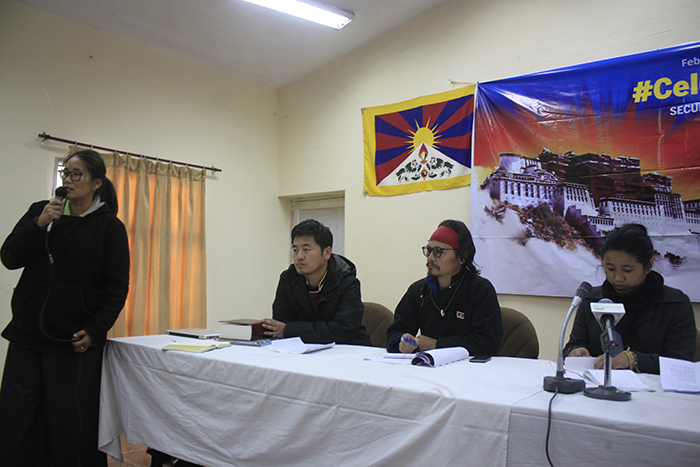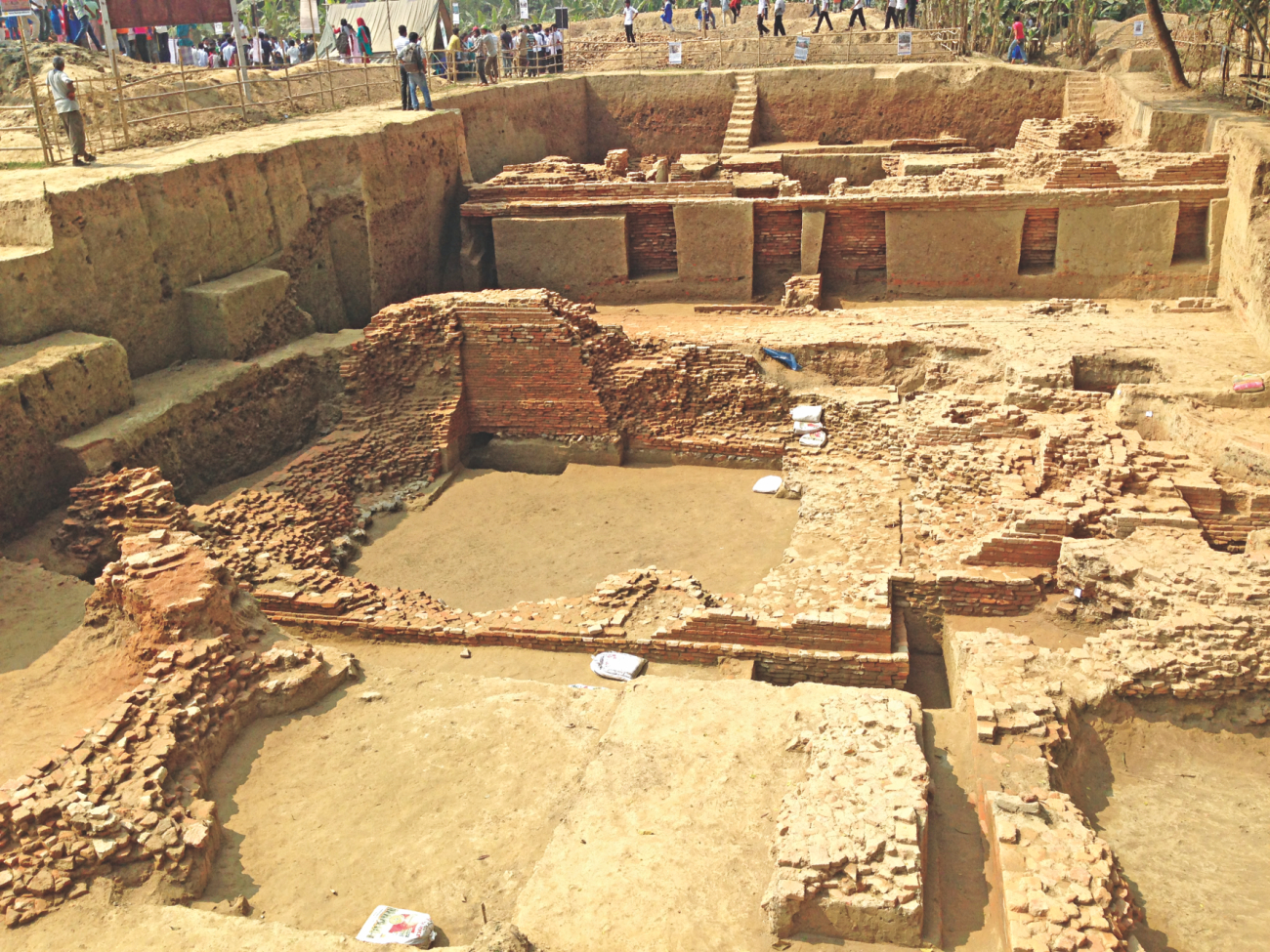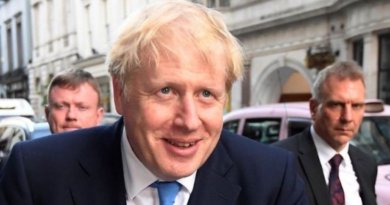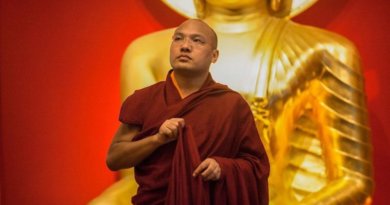When will Beijing respect ‘One India’ policy?
The New Indian Express | February 15, 2017
Despite all his rhetoric and bluster, US President Donald Trump was forced to publicly reiterate America’s ‘One China’ policy during his first phone conversation with Chinese President Xi Jinping February 9. This followed howls of protests from Beijing after President-elect Trump took a call from Taiwan’s President Tsai Ing-wen, and invited a delegation from the island nation to his swearing-in.
A Taiwan women parliamentary delegation is currently in India, which is likely to irritate China. Beijing insists Taiwan is a breakaway province of China, and is extremely touchy about Taipei’s relations with other nations.
While neither India nor the US have diplomatic ties with Taiwan, both host Taiwanese trade missions. India has been repeatedly forced to announce its adherence to the One China policy, which prohibits diplomatic ties with Taiwan or recognition of Tibet as a nation. Which is why Beijing had lodged strong protests when the leader of the Tibetan parliament-in-exile and Taiwan’s trade representative were invited to Narendra Modi’s swearing-in.
Yet while China constantly reiterates any intrusion in Taiwan and Tibet would be treated as an act of war, it has no qualms questioning India’s territorial rights in Arunachal, Sikkim and Kashmir.
It randomly denies visas to Indians from Arunachal and Kashmir, claiming these are disputed territories. It constantly monitors and criticises the activities of the Dalai Lama, who fled to India in 1959 after the Chinese ‘liberation’ of Lhasa, and has even protested against his visit to Arunachal.
But Beijing has deployed hundreds of PLA engineers and troops in Pakistan-administered Gilgit-Baltistan, building highways and dams there, despite New Delhi’s position that it belongs to India.
It is thus important to ask: Why should India not rethink its ‘One China’ policy, when Beijing obviously has no respect for India’s territorial and sovereign rights?




